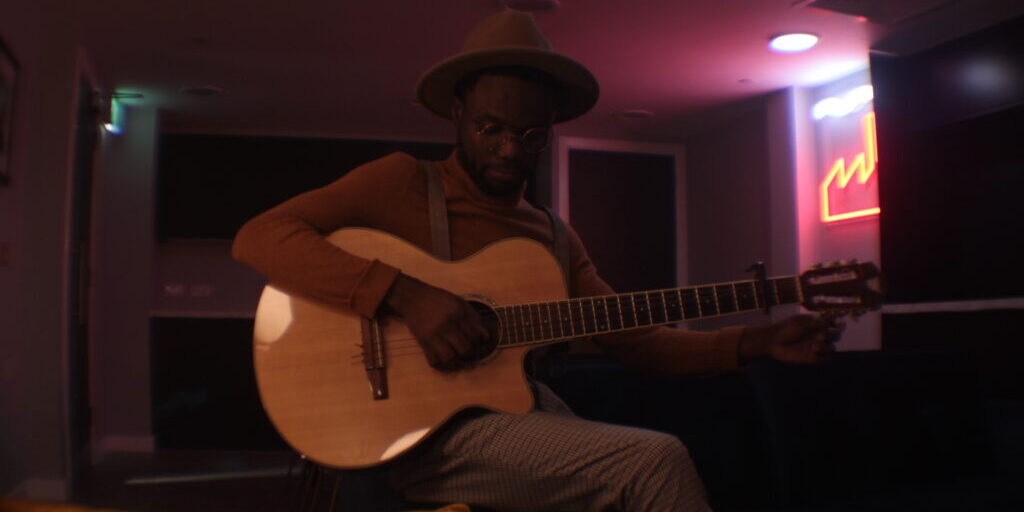
This is the third and final part of a mini-series I started two weeks ago. In part 1, I wrote about the act of showing up to catalyse the process of starting a worthwhile venture. In part 2, I wrote about the paradox of starting, how we just can’t know what we need to know until we start, and why we should draw on desire and courage to take the first step. Over the course of two weeks, the first two parts of this mini-series have explored the ‘what’ and the ‘how’ of starting new projects, so in this third part, I’d like to explore the ‘why’, specifically why we should start new projects, and why the act of starting new projects is worthwhile.
To explore the first ‘why’, why we should start new projects, I’d like to introduce a well-studied psychology phenomenon called the Zeigarnik effect. For a brief primer on this, the Zeigarnik effect was first documented in the 1920s when a Lithuanian psychologist, Bluma Zeigarnik and her colleague noticed that a waiter at a restaurant was able to keep track of patrons’ orders while the orders were pending or unpaid, but the waiter struggled to recollect any more details of the orders after everyone had paid and settled their orders. The scientists subsequently designed a series of experiments that explored this phenomenon of the human mind to want to finish things in progress, and thus, the Zeigarnik effect entered the psychology literature.
Succinctly put, the Zeigarnik effect suggests that the brain has a tendency to remember and prioritise unfinished activities better than finished ones, or pertinent to this post, unstarted ones. In other words, once you start something, your brain desperately wants you to carry on with it towards some sort of natural conclusion. We can leverage this phenomenon over and over again simply by putting things into motion. Once a project is started, i.e. once the first step is taken (see last week’s post), it creates some sort of beacon in the mind, something that keeps calling us back to the project, something that drives us to want to keep it going, to want to see it to its denouement, to want to finish it.
Of course, finishing it isn’t necessarily the goal. The benefits of the project are almost always reaped during the course of exploring it, on its journey, rather than whatever lies at the arbitrary endpoint that has been defined for it. But because the human mind desperately wants to get to that end goal, it drives us on that journey and makes us more likely to explore and reap said benefits in the first place. None of this would be possible if that first step isn’t taken.
And then there’s the second ‘why’, why the act of starting new projects is worthwhile. The thing about starting, as established earlier, is that starting makes us more likely to finish, which in turn makes us more likely to have more things to show for our efforts, which in turn makes us more likely to succeed in our ventures. There’s ample evidence to suggest the more works of art an artist creates, the more likely the artist is to create something that’ll go down as a masterpiece. This deserves a whole post in itself, but for now, suffice it to say that quality stems from quantity. For instance, Mozart is regarded as one of the most prolific and successful composers of all time. But for all of Mozart’s genius, what if I told you that he didn’t have a better hit rate than his contemporaries? I’m sure there are many factors responsible for his success, but one of them is undoubtedly the fact that he composed more pieces. In other words, he simply started more compositions, and thus finished more compositions, and hence had more ‘hits’. The same can be said for many if not all of the artists we consider successful in the annals of history, from Picasso to Van Gogh, and Beethoven to Beyonce.
And here comes the inevitable caveat. While there’s magic to starting more than you can finish, this isn’t a license to embrace abandoning or quitting things. As with all things in life, there’s a time to start and a time to quit. The time to quit is when the opportunity cost of doing the thing becomes greater than the benefits that could accrue from the thing itself. In other words, when there’s something else that could be more worthwhile than the thing at hand, it might be time to walk away. As for the time to start, well, the time is always now.
PS: Just a reminder that my latest record, All Behind is out now, everywhere. You can listen to it on several platforms. Please share it with a friend, share it with your social networks, and consider subscribing to the newsletter (below), my YouTube channel, or wherever else you listen to music.